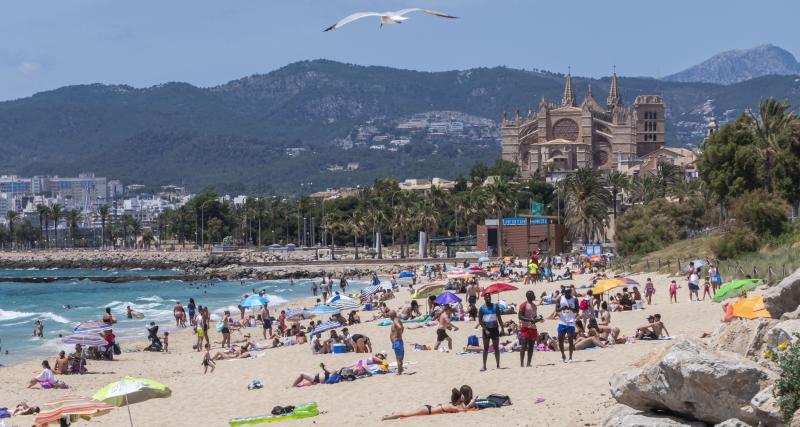Spain has begun to temporarily subsidise fossil fuel plants’ power costs in a bid to bring down high prices in the short term.
The system is due to be in place until May 31, 2023.
It has also cut taxes to reduce consumer bills, and announced 16 billion euros in direct aid and soft loans to help companies and households weather energy prices but for Britons dependent on a UK pension, they are still going to feel out of pocket as the British economy continues to struggle.
And this comes at a time when over 10 percent of British people want to retire overseas with Spain ranked second, behind Croatia, as the best place to retire to.
However, apart from the complications of moving to Spain as a result of Brexit, people may be carefully looking at the costs of living when chasing a destination to retire to.
Spain may well feature high up the “wish list” but the Balearics is one of the most expensive places in Spain to live, so the mainland may prove more attractive offering more value for money.
Today, for example, the pound eased against the dollar and euro but steered clear of this week's two-week lows ahead of the end of the Bank of England's emergency debt support programme on Friday.
The pound is down 0.14% against the euro at 87.545 pence.


3 comments
To be able to write a comment, you have to be registered and logged in
Stephen Grimmer"Cake and eat it" was the presumption of the day. Those unsophisticated foreigners just don't get it. We'll be gloriously victorious (because they're so daft). Zoom forward to present...
25% of the UK population voted for Brexit but 10% still want to retire to the EU. You couldn't make it up!
My advice to anyone thinking of buying a home in Spain (Mallorca) is DON'T. Exorbitant costs to buy, exorbitant costs to sell and if your non resident punitive capital gains tax even if you're over 65.